Espolòn Blanco Tequila
$19.99
About Espolòn Blanco Tequila
Made exclusively from blue agave harvested from the Highlands region of Mexico, Espolòn Tequila Blanco is crafted at the San Nicolas Distillery by Master Distiller Cirilo Oropeza. The distillery is located among the agave plantations of Jalisco’s rolling hillsides, and has been the site of tequila production for over two centuries.
The process begins when expert jimadors harvest the agave after they have been matured for nearly a decade. Then, the heart of the agave — the piña — is removed and cooked for approximately 22 hours (versus the industry average of 12 hours). Once the piña has been cooked, it is shredded and the remaining agave pulp is fermented using a proprietary strain of yeast. During fermentation, Oropeza plays rock music within the distillery to inspire the agave. Then, he twice distills the wash through copper pot stills for approximately 5.5 hours (versus the industry standard of 3.5 hours).
As a result, Espolòn Tequila Blanco has a sweet agave aroma, with hints of flowers, tropical fruits, lemon zest and white pepper. The mouthfeel is soft yet slightly oily, with bright notes of agave, vanilla beans, grilled pineapples and spice.
The tequila earned the Double Gold Medal at the San Francisco World Spirits Competition. In addition, it earned a score of 93 points from the Ultimate Spirits Challenge, which said the tequila had “vibrant and sweet agave aromas.” Finally, the tequila earned a score of 94 points from the Beverage Testing Institute.
Pick up a bottle today!
About Tequila
Although tequila has developed a bad reputation, there’s more to the spirit than just shots on a Saturday night.
This traditional Mexican drink origins in the state of Jalisco when according to a local legend, lightning struck an agave cactus before the Nahua tribe drank its warm nectar. Behold, tequila.
Legally, tequila has to be made of 51% of Blue agave around the Jalisco region in Mexico. There are different types of tequila according to age – from the youngest representatives, blanco, reposado, and añejo, to the oldest extra añejo.













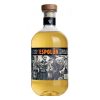
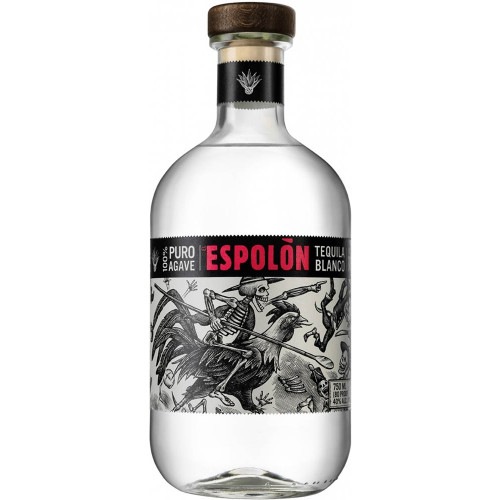

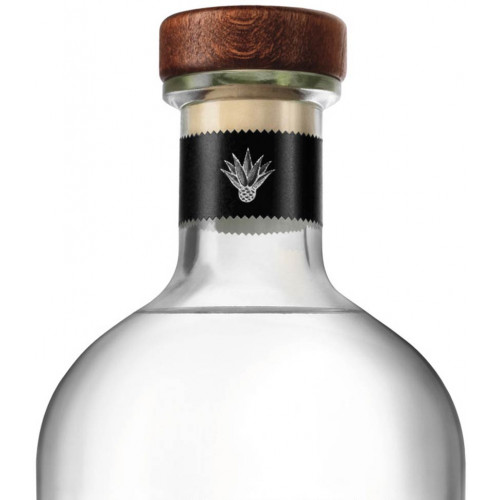

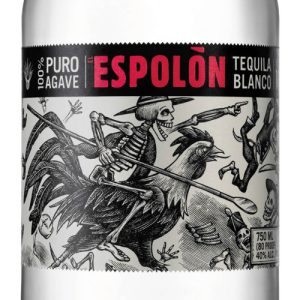
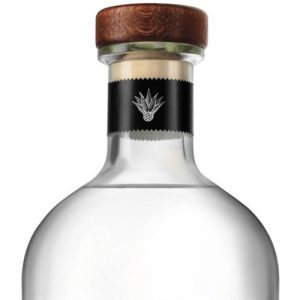
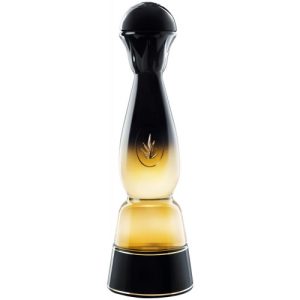
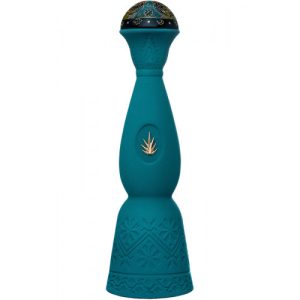

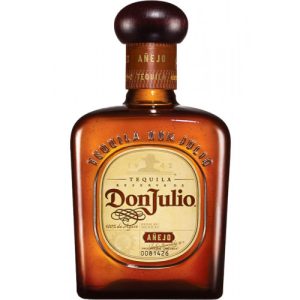
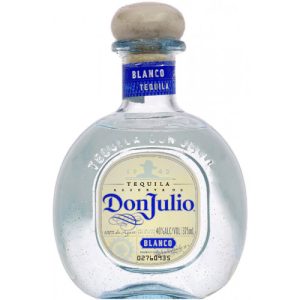

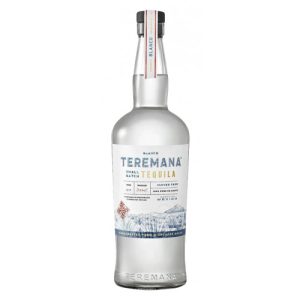

Reviews
There are no reviews yet.